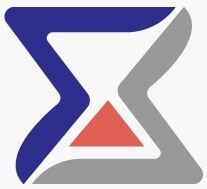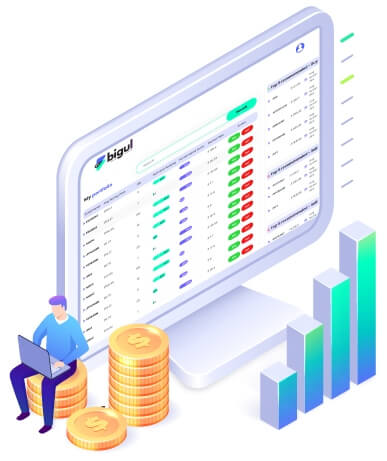Conclusion
Being aware of various fees related to Demat and trading accounts can aid smarter financial decision-making, leading to money savings by choosing the right brokerage firm that negotiates for low commission rates or remains updated on promotions so as to manage costs properly. Remember, each saving counts, even if it is small, towards maximising your returns from investments. For a hassle-free trading experience with competitive rates, consider Bigul Trading Platform.















